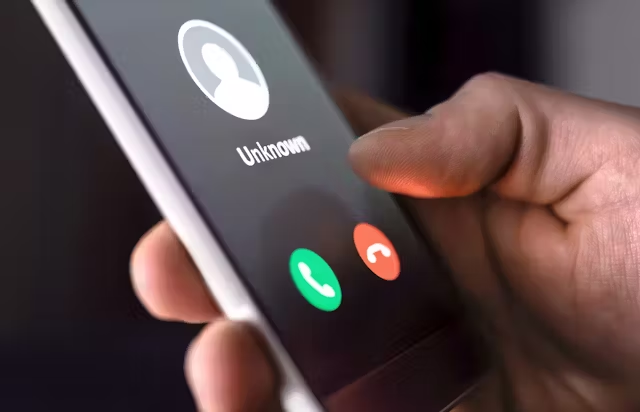Nearly half of Kenyans targeted by mobile phone scams – World Bank

The global study places Kenya second among 10 sub-Saharan African countries most exposed to mobile phone scams
Kenyan mobile phone users face one of the highest risks of falling prey to scam calls and text messages, with nearly half of them having received fraudulent prompts in the year to December, according to a World Bank survey.
The global study places Kenya second among 10 sub-Saharan African countries most exposed to mobile phone scams, ranking just behind Tanzania where 52.5 per cent of users reported such incidents.
In Kenya, 49 per cent of mobile phone owners received at least one scam message or call last year, often disguised as urgent financial requests, prize claims, mobile money reversals, or fake government notices.
The survey shows that while 47 per cent of those targeted ignored the attempts, 2 per cent went ahead and sent money to the fraudsters.
Only 51 per cent of mobile users said they had not received any scam prompts during the year under review. Other countries included in the survey were Cameroon, Gabon, Ghana, Lesotho, Nigeria, Senegal, Uganda and Zambia.
The Communications Authority of Kenya (CA) has the mandate to receive complaints of fraudulent communications from consumers, as part of its role in safeguarding the sector.
In response to the growing threat, some operators have rolled out new technologies to detect and block suspicious activity.
In May, Airtel Kenya unveiled an Artificial Intelligence-powered spam detection system capable of flagging and labelling messages as ‘Suspected SPAM’.
The tool analyses over 250 parameters, including usage patterns, SMS frequency, and geographical targeting, without reading the content of the message itself.
The World Bank report further recommends tailored digital literacy training for vulnerable groups, especially women and marginalised communities, to help them recognise scam tactics and use privacy-enhancing features on their phones.
“Accessible, confidential reporting channels with transparent processes for handling cases can enable victims to seek help without stigma,” the report notes.
